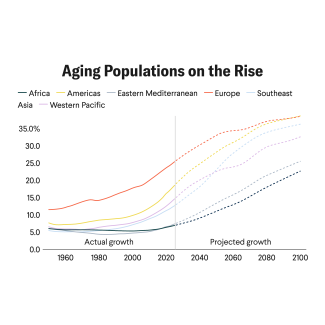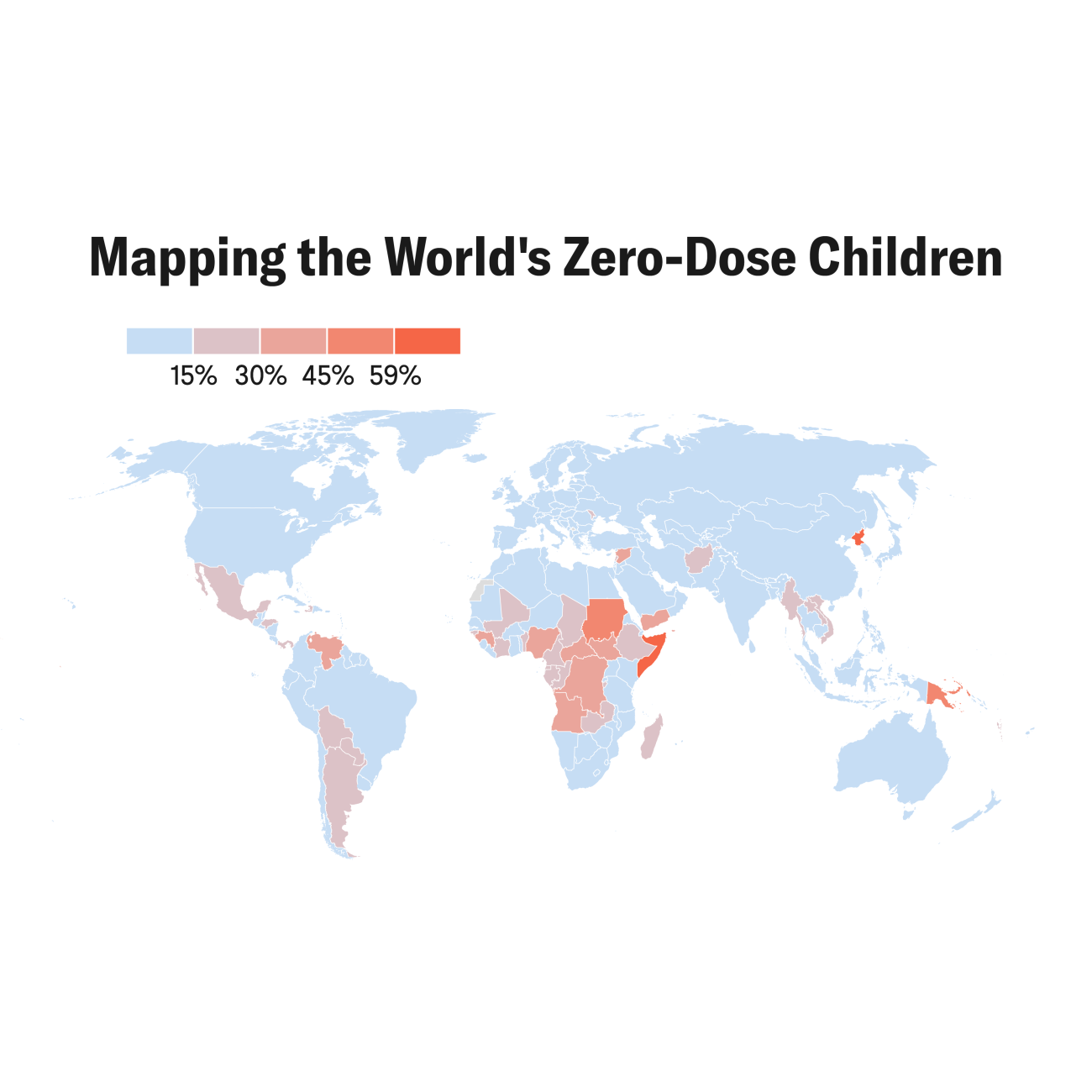In the weeks preceding the assassination of Hezbollah leader Hasan Nasrallah on September 27, Israel allegedly planted explosives in 5,000 pagers belonging to the group's members. When detonated, the devices killed nine people and wounded approximately 3,000 others. Casualties included Hezbollah members and the Iranian envoy to Lebanon. The following day, a second wave of explosions killed 20 people and wounded more than 450, according to the Lebanon Ministry of Public Health. Although Israel has not claimed credit, many experts view the attack as Israel's version of a Trojan horse—an attempt to target Hezbollah from within Lebanon.
Yet Lebanon's civilian population was caught in the middle, and the plot caused profound psychological damage. It put Lebanese civilians on edge, spurring fear that an object as simple as a cell phone could cause harm. Recent violence had already led to an increased demand for mental health services in the country, the latest sign of growing mental health concerns in the country. Following an explosion in the port of Beirut in August 2020, "78% reported being very anxious and worried every day, and more than 84% felt extra sensitive to loud noises and dangers," and 11.5% of young Lebanese people had suicidal intentions.
Given limited job prospects for a younger work force, growing financial stress, and political instability, the increase in reported suicidal ideations was not a surprise. All of this, coupled with the country's instability since its 15-year civil war ended in 1990, leaves the Lebanese people psychologically tired.
A Legacy of Trauma
During a speech by Hasan Nasrallah condemning the pager operation, Israeli warplanes were heard over Beirut. They created sonic booms that were all too familiar to many Lebanese people—specifically those who lived through conflicts in 1982 and 2006. In 1982, the Israeli military invaded Southern Lebanon in response to attacks from the Palestine Liberation Organization. That same year, Hezbollah was established, gathering its initial support from Lebanese people who lived in the south during Israel's invasion. In 2006, Israel raided Lebanon after two of its soldiers were captured by Hezbollah in hopes of an exchange for Lebanese prisoners.
Years of war, conflict, and violence have affected the mental health of Lebanese people in the country and across the diaspora
Years of war, conflict, and violence have affected the mental health of Lebanese people in the country and across the diaspora. For instance, rates of PTSD among adolescents sampled in Lebanon were between 8.5 to 14.7% for the civil war and 15.4 to 35% for the 2006 war. Speaking with TGH, Marah*, a Lebanese American from California recalled, "We are not from the south, so we were lucky we didn't have to leave our home. However, the sounds of bombs and explosions were heard all the time. That by itself caused a lot of trauma among Lebanese people, especially kids."
As Marah and many other Lebanese Americans watched events unfold in the region, they questioned their role in the conflict as U.S. citizens and how they could be indirectly contributing to the funding of the current violence with their tax dollars. Many like her recall the events of 2006 so vividly and resent the United States for its response—or lack of it.
Lara*, another Lebanese American from California, shudders when recounting the familiar sonic booms of Israeli warplanes and how those sounds bring back traumatic memories:
All I can remember is my family saying nobody was helping us. And nobody did. The United States kept saying they want peace and they are concerned about the safety of Lebanon but they never did anything when it got compromised. At the end of the day, it wasn't in their interest to help us. We [Lebanese people] offered no value to them back then and certainly not now. They [the United States] didn’t care about protecting something that was of no use to them.
Najib Mikati, Lebanon's caretaker prime minister—who assumed the post after the previous prime minister resigned in 2021—stated that the country was facing a dangerous phase in its history. Nearly 1 million people have been displaced across Lebanon and some have crossed into neighboring Syria or Jordan, fueling further uncertainty.
Financial Strain in Lebanon
Since October 7, Israel and Hezbollah have been engaging in crossfire, which has resulted in the death of more than 2,000 people across southern Lebanon and northern Israel. Although Israel's long-standing conflict is with Hezbollah, its operations have killed medical personnel and civilians. Israel claims to be targeting Hezbollah strongholds, which are reportedly at or near residential areas. Aside from the violence this has created, Lebanese sense of fear and insecurity has grown. Lebanon has been facing economic malaise since 2019, exacerbated by a massive explosion in the port of Beirut in August 2020.
Financial distress has made basic medical services in Lebanon too expensive for the average Lebanese person. The inability to access essential medications—or even meet with a doctor—adds to the already precarious mental well-being of the population. For instance, 3,500 doctors have left Lebanon since 2019 as a result of the growing economic malaise and political crises.
Now, under the current circumstances, surrounding countries in the region have sent planes of medical aid and doctors to assist the wounded. Despite that support, Lebanon does not have the resources to properly address physical ailments or growing mental health concerns.
EDITOR'S NOTE: This story includes discussion of suicide. If you or someone you know needs help in the United States, please call the National Suicide and Crisis Lifeline: 988
*Names have been changed to protect the identity of those mentioned.


